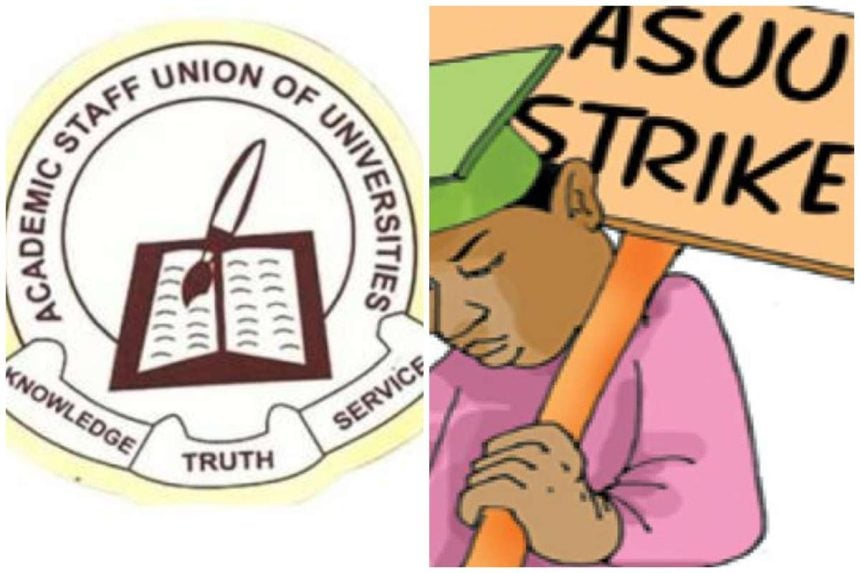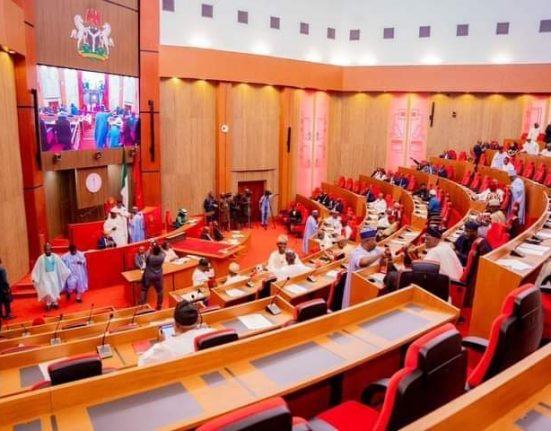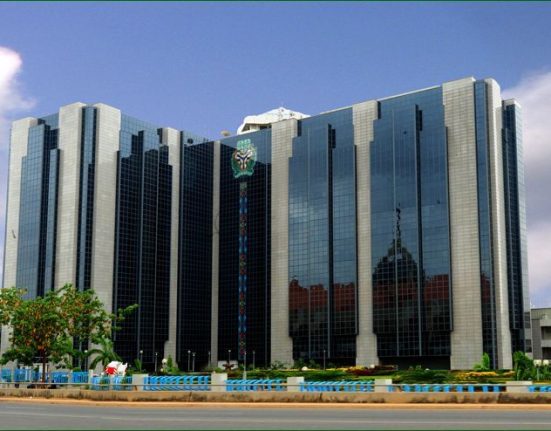The Academic Staff Union of Universities (ASUU) has declared a two-week total and comprehensive warning strike across all public universities in Nigeria. The industrial action is set to begin at midnight on Monday, October 13, 2025, following the expiration of a 14-day ultimatum issued to the Federal Government on September 28.
The announcement was made by ASUU’s National President, Professor Chris Piwuna, during a press briefing held at the University of Abuja on Sunday. He explained that the union had no choice but to proceed with the strike, as there was “nothing sufficient on the ground” to halt its implementation. According to Piwuna, all branches of the union have been directed to withdraw their services with immediate effect, adding that the action would be “total and comprehensive” in line with the resolution of the National Executive Council (NEC).
ASUU’s latest strike is rooted in longstanding demands, including the implementation of the renegotiated 2009 FGN-ASUU agreement, payment of earned academic allowances, revitalisation of public universities, and settlement of outstanding salary arrears. The union also expressed dissatisfaction with what it described as the government’s lack of commitment to the education sector, warning that the strike could be extended indefinitely if no meaningful response is received within the two-week window.
In response, the Minister of Education, Dr. Tunji Alausa, said the Tinubu administration has made significant progress toward addressing ASUU’s concerns. He noted that N50 billion has been released for the payment of earned academic allowances, while another N150 billion has been captured in the 2025 budget for needs assessment projects, to be disbursed in three tranches. Despite these assurances, ASUU maintains that the government’s promises remain largely unfulfilled and that its actions so far fall short of practical implementation.
The strike, if not resolved promptly, is expected to disrupt academic activities across public universities nationwide, rekindling concerns among students and parents who have repeatedly suffered the effects of prolonged industrial actions in Nigeria’s tertiary education system.








